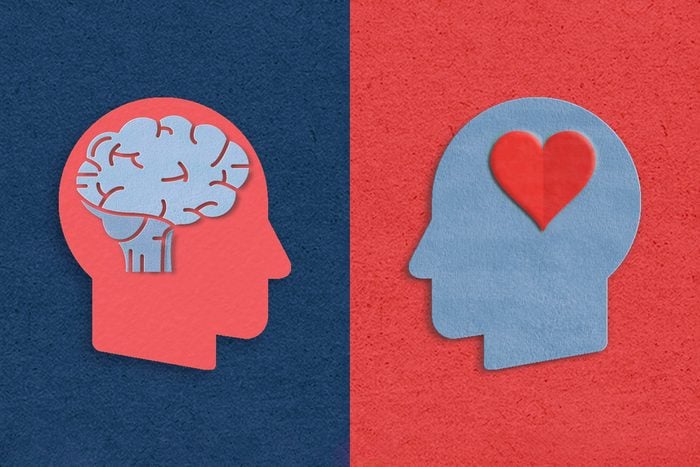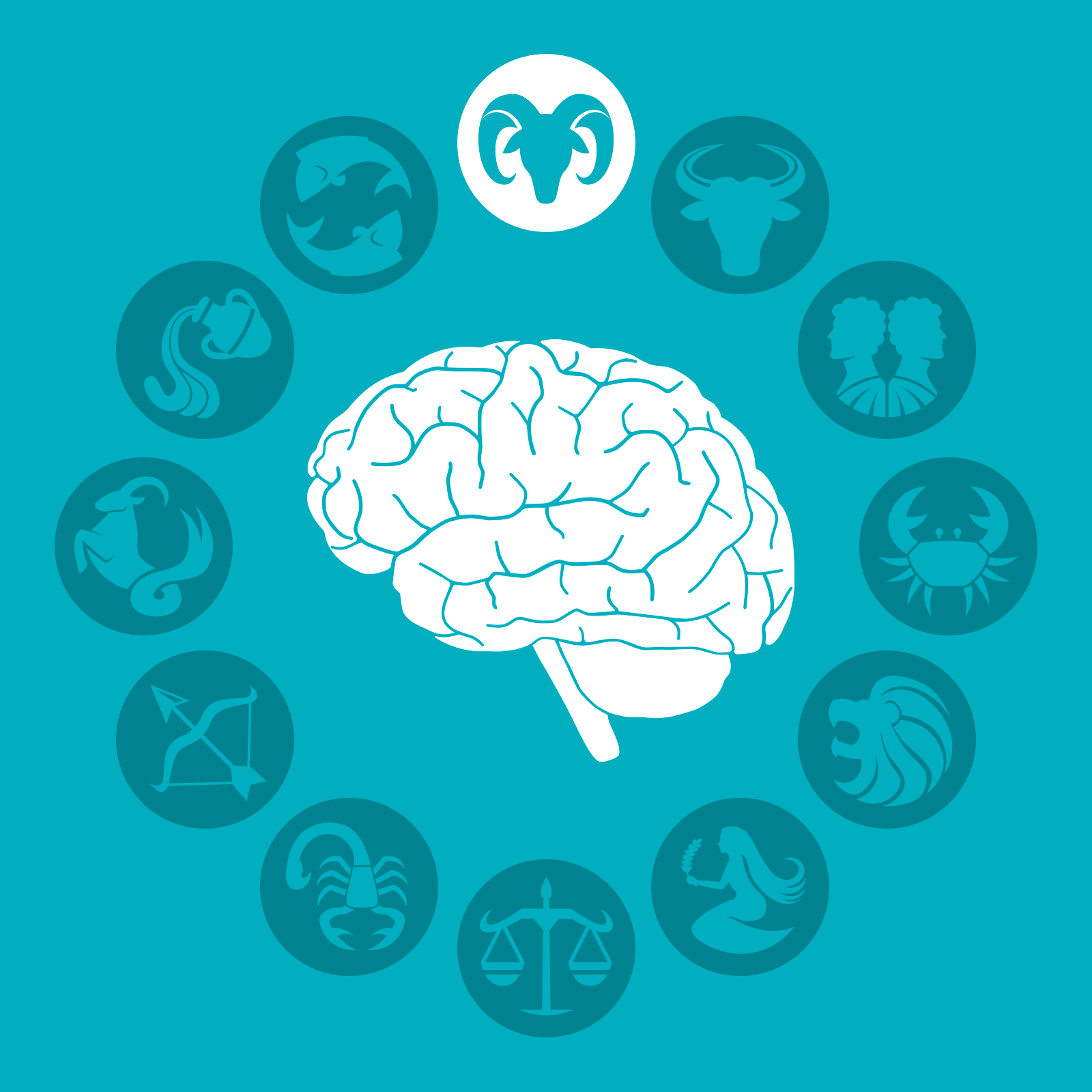How Looking for Love at Mensa Changed My View of Intelligence
Updated: Oct. 19, 2023

Bright or not, true love is hard to find. But searching for your other half in a crowded room of brainiacs, as it turns out, wasn't such a genius idea.
What do you look for in a partner? I was in the same relationship from the age of 22 to 34, so I had never put a great deal of thought into the matter. But after 12 years together, my ex chose not to join me in Houston, where I had accepted a new job. I was forced into the dating pool for the first time in my life just before my 35th birthday.
I immediately started seeing a therapist, who suggested that I create a list of what I was seeking in a man. Looking back at it now, I never once used the word “intelligence.” But I did enumerate accomplishment, humor, curiosity and a habit of seeking out exceptional experiences. To me, that meant one thing: To meet the love of my life, I would have to join Mensa.
What is Mensa?
Mensa is a high-IQ society, limited to members who have scored in the 98th percentile or higher on a standardized IQ test. Any test results from my youth had long since been a casualty of the recycling bin, so I went to a classroom inside a gourmet grocery store to take the timed-and-monitored Mensa admission test. The friend who came with me didn’t make it in, but I did. My (almost) IQ-exclusive dating journey had begun.
Mensans love acronyms. “SIGs” are what they call special interest groups based on favorite hobbies, which numbered around 150 and included everything from firearms enthusiasts (BLAM) to Disney obsessives. I joined several Facebook groups, including a singles page, but I realized my best bet was to interact in person.
That meant attending a weekly Mensa luncheon, as well as my regional gathering (RG). It didn’t take long to discover that I had little in common with the group, which was overwhelmingly excited to get together and talk about Doctor Who and play board games, which I abhor. I have a photograph of myself looking very disappointed in front of a TARDIS.
Exploring the globe through Mensa
That didn’t stop me from making friends with fellow Mensans. I had my best luck thanks to another acronym, the Mensa SIGHT (Service of Information, Guidance and Hospitality to Travelers) program. The Malaysian chapter set up a group dinner for me to meet my Southeast Asian peers, which led to a halcyon evening of night markets and a visit to a roadside durian stand. My new compatriots and I bonded over the stinky fruit and still keep in touch, but there was no spark. Nor did I feel even an ember when I connected with Mensans from New Orleans. And nothing with my Mensa mates from Singapore.
What I observed more than anything though was that I never once felt like I was spending time with an elite group. My non-Mensan friends were every bit as nerdy and often more culturally literate than the folks I met through Mensa. In fact, the biggest difference I was able to spot between the so-called “geniuses” and people who didn’t take the Mensa test was that Mensans often seemed more lonely in their lives outside the group.
While I was eager to find Mr. Right, I didn’t feel isolated overall. I had community and a solid network of supportive friends who had become family in Houston—and I was dating up a storm on the dating apps.
Dating changed my perspective

My non-Mensa suitors included mostly medical researchers, along with a poet for good measure. Every one of them knew how to boost functional intelligence and would have qualified for Mensa, but none chose to join. I never asked them why, but my guess is that they had jobs where they worked with other high-functioning minds. I did too, at a magazine full of razor-sharp writers. I chose to let my Mensa membership lapse after three years.
Despite my attempts at meeting my other half in Houston, nothing stuck until I moved for work again, this time to the suburbs of Washington, D.C., in northern Virginia. The day I arrived, I matched on Tinder with a tech founder who fit the Mensan profile and with an audio engineer who didn’t.
It was at the height of the COVID-19 pandemic, when relationships existed only on the virtual plane. Restaurants reopened after a month of texting and phone calls, and I met both in person, despite well-meaning friends’ public-health advice.
I’m glad I did. I followed my gut instinct. And it didn’t take long to realize that I had more in common with the audio engineer. He ticked all the boxes I had set out when I first became single, but more important, he fulfilled desires I didn’t even know I had. Classically trained as a house painter, he even restored our fixer-upper himself once we took the plunge and moved in together.
Intelligence takes more than one form
In some ways, this man with rough hands was like an alien to me. He freely admitted that he had never finished reading an entire book. I’d written one. His severe dyslexia meant that he was held back a grade in school and put in special classes. I was advanced forward a grade and was on the opposite end of the special-class spectrum, privately tutored in a “great books” curriculum by my headmaster.
It wasn’t that I was enraptured by his otherness. I had thought for my whole life that multiple intelligence theory was nothing but an “I participated” ribbon. But seeing his spatial-relations skills when packing the dishwasher and his record-like recall of music he’d heard only once, I thought he was one of the most gifted people I’d ever met. He was profoundly intellectually curious and seemingly good at everything. And despite not reading, he had a sparklingly varied vocabulary.
Last year, we eloped before having a reception for our family and dear friends in Houston. One of my closest compatriots has referred to me and my husband as “super best friends,” and we are. I had never been in a relationship before that was equally balanced, comprising two people with opposing skill sets. What I finally realized was that by joining Mensa, I was looking for a carbon copy of myself. But I found someone way better—and every bit as smart.
Source:
- Mensa International: “Welcome to Mensa, the High IQ Society”



